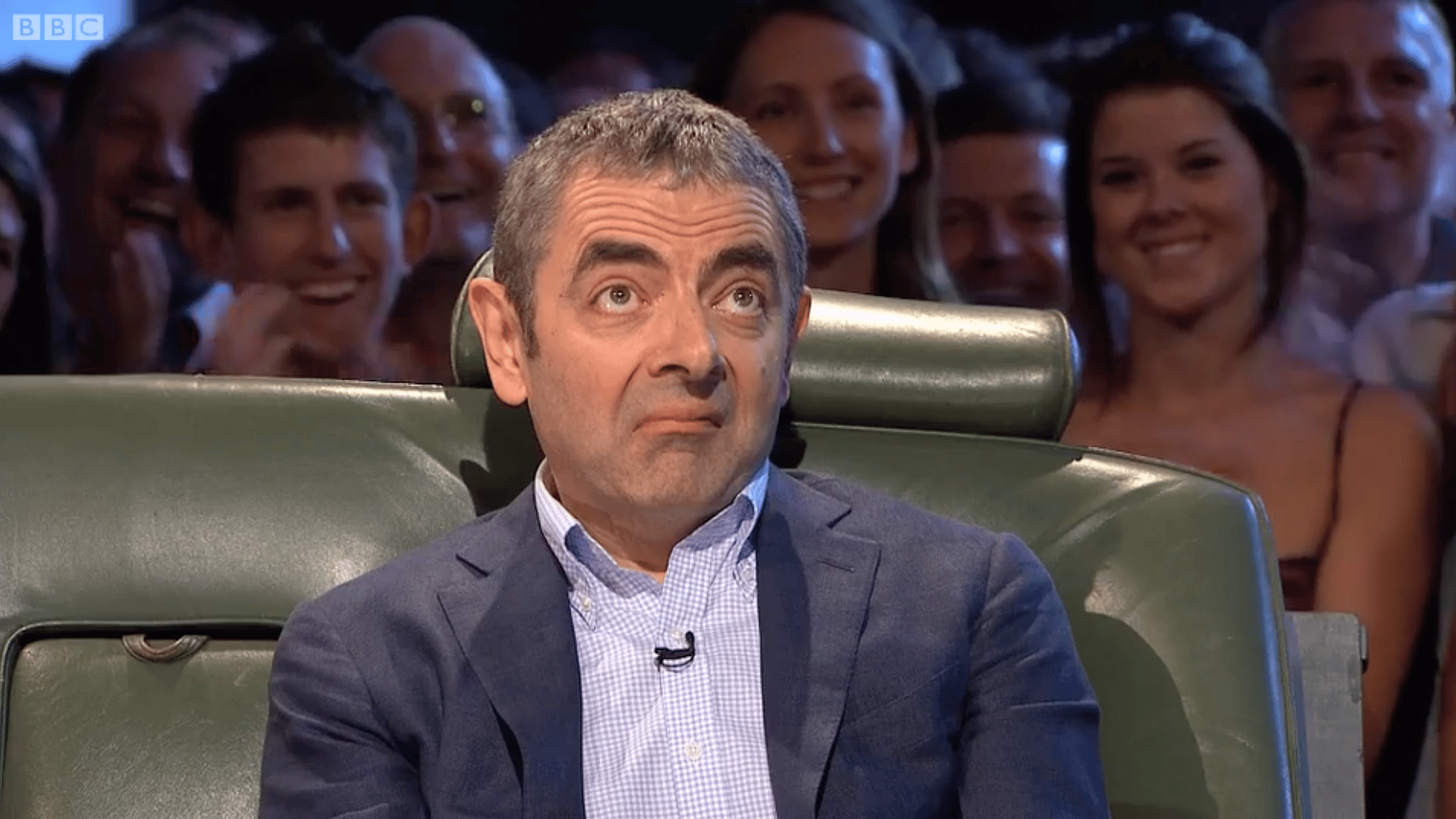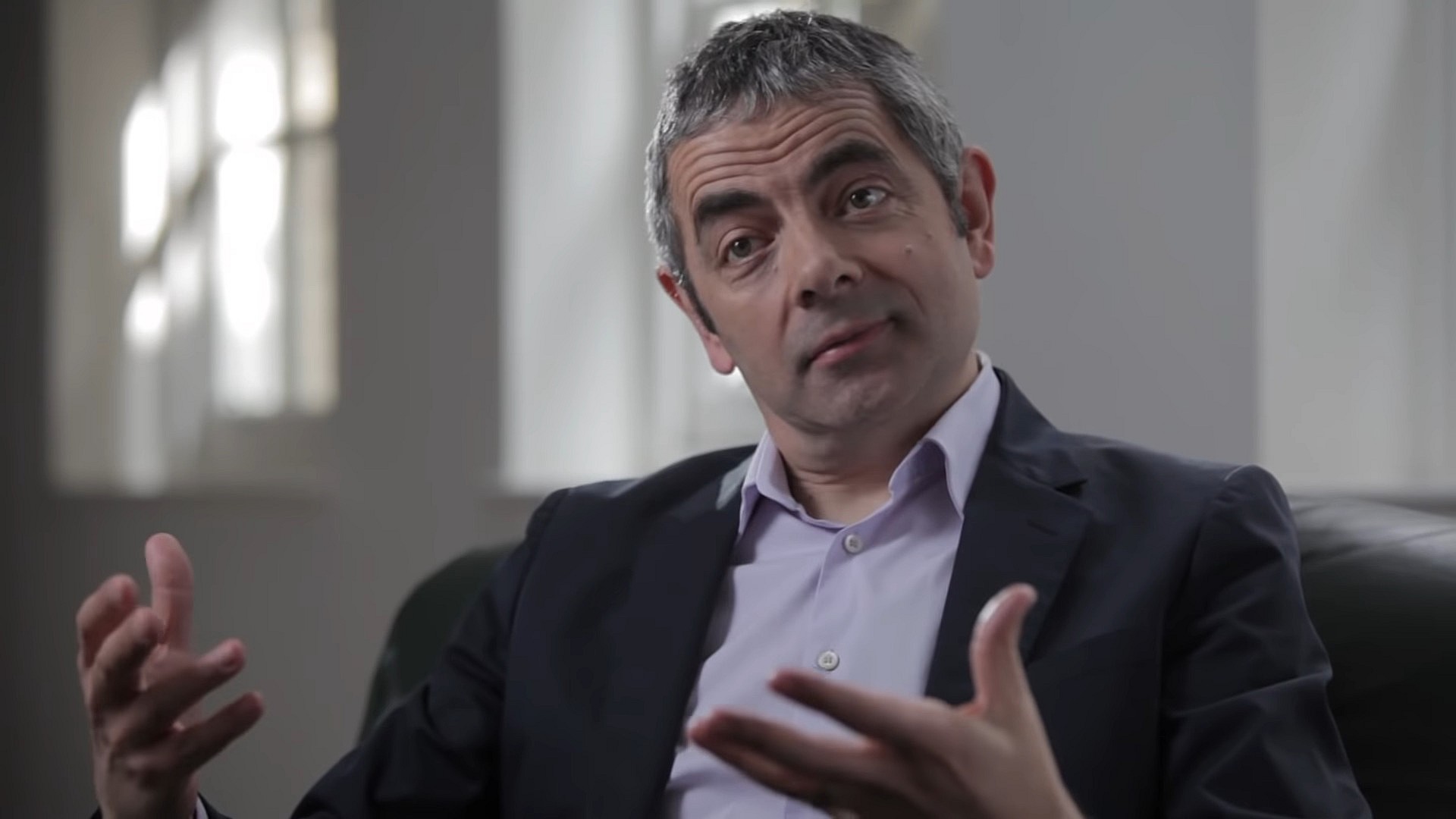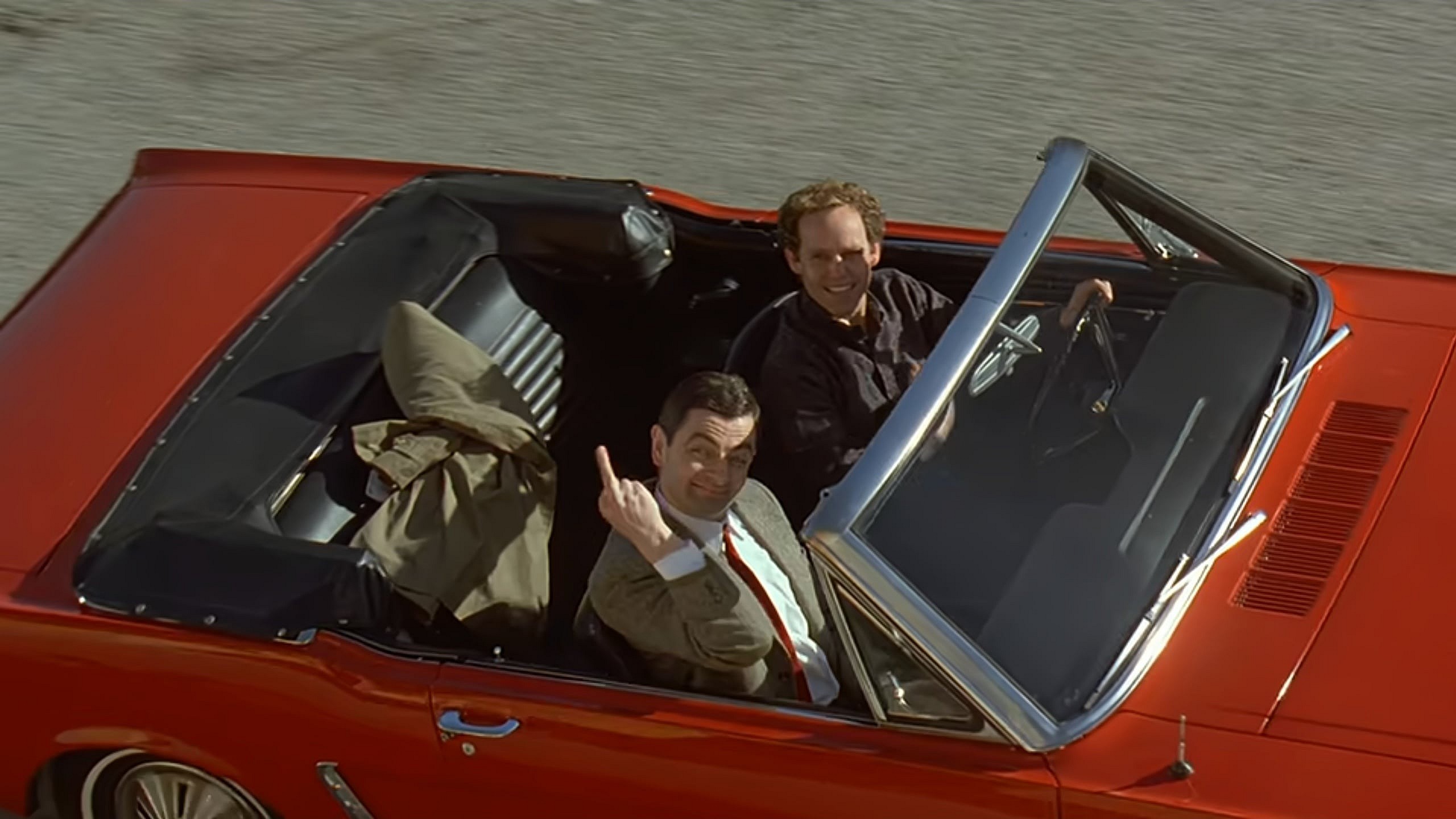After Writing Opinion Piece Describing Electric Vehicles As “A Bit Soulless”, ‘Mr. Bean’ Actor Rowan Atkinson Blamed In House Of Lords For Poor EV Sales In The UK

In what seems to come right out of the pages of a comedic script, Mr. Bean and Blackadder actor Rowan Atkinson has been accused of negatively influencing the sales of electric vehicles in the United Kingdom.

As reported by The Telegraph, the UKs environmental charity Green Alliance told the House of Lords’ environment and climate change committee that an opinion piece written by Atkinson last year was “damaging” the perception electric vehicles had in the public eye.
“One of the most damaging articles was a comment piece written by Rowan Atkinson in the Guardian which has been roundly debunked,” the charity accused.

In June of 2023, Atkinson who holds a bachelor’s degree in electrical and electronic engineering from Newcastle University, wrote an opinion piece for The Guardian, wherein the legendary comedian discussed his experience driving electric vehicles.
[Editor’s Note: Since its publication, The Guardian has made several edits to Atkinson’s piece which they felt added ‘more context.’ What follows below is the actor’s original, unedited writing.]
Titled “I love electric vehicles – and was an early adopter. But increasingly I feel duped,” the Johnny English star noted, “Sadly, keeping your old petrol car may be better than buying an EV,” though admitting that “There are sound environmental reasons not to jump just yet.”

Atkinson explained, “I bought my first electric hybrid 18 years ago and my first pure electric car nine years ago and (notwithstanding our poor electric charging infrastructure) have enjoyed my time with both very much.”
“Electric vehicles may be a bit soulless, but they’re wonderful mechanisms: fast, quiet and, until recently, very cheap to run,” he went on. “But increasingly, I feel a little duped.”
Atkinson — a car enthusiast with a collection described as “unrivalled” — would also go on to question the government’s initiative to ban petrol and diesel cars by 2030, declaring, “The problem with the initiative is that it seems to be largely based on conclusions drawn from only one part of a car’s operating life: what comes out of the exhaust pipe.”

“Electric cars, of course, have zero exhaust emissions, which is a welcome development, particularly in respect of the air quality in city centres,” he explained, pointing out, “But if you zoom out a bit and look at a bigger picture that includes the car’s manufacture, the situation is very different.”
The actor cites a 2021 report published by Volvo, noting the cars manufacturer “released figures claiming that greenhouse gas emissions during production of an electric car are 70% higher than when manufacturing a petrol one,” inquiring, “How so?”
“The problem lies with the lithium-ion batteries fitted currently to nearly all electric vehicles: they’re absurdly heavy, huge amounts of energy are required to make them, and they are estimated to last only about 10 years,” Atkinson explained, pointing out, “It seems a perverse choice of hardware with which to lead the automobile’s fight against the climate crisis.”

Atkinson would later come to the conclusion, “Increasingly, I’m feeling that our honeymoon with electric cars is coming to an end, and that’s no bad thing: we’re realising that a wider range of options need to be explored if we’re going to properly address the very serious environmental problems that our use of the motor car has created.”
At the time, Atkinson came under fire for expressing his informed opinion about his experience driving electric vehicles, with a handful of mainstream media outlets writing alarmist climate change pieces in a desperate attempting to rebuke the actor’s comments, including The Guardian — the outlet that published his opinion piece.
Inside Climate News’ Dan Gearino decried “[Atkinson’s] conclusion is frustrating for people who do research on EVs and emissions because it is a familiar trope of fossil-fuel aligned groups that have a financial interest in slowing the transition to EVs, and it’s based on a misleading view of the data.”

Daniel Bleakley for Australian publication The Driven condescendingly prefaced, “Having to write a story debunking a Guardian opinion piece full of inaccurate tropes on electric vehicles written by the creator of the TV character Mr Bean was not on my 2023 bingo card.”
He would then add, “Why the Guardian is publishing the thought bubbles about EVs by a former comedian known as a “petrol head” is difficult to understand, apart from its desire to generate clicks. The media outlet still takes advertising money from petrol and diesel car makers.”
Seeming to undermine Atkinson’s opinion by constantly referring to him as “Mr. Bean,” The Washington Post’s Michael J. Coren alludes to the actor feeling “duped” for buying an EV and coming to the conclusion that a petrol car was still the better choice, admitting that he understands his point of view.

“I can see why Mr. Bean might suggest that,” Coren says. “I’ve been driving a 2010 Honda Fit for quite a while, and I’m sure it will keep chugging well after my odometer’s recent lap of the 100,000-mile mark.”
He then rebukes, “But Atkinson, who says he has a ‘lifelong passion for motorcars’ and an undergraduate degree in electrical engineering, argues people should consider buying and keeping their internal combustion engines as long as possible, while we develop hydrogen and synthetic fuel alternatives.”

Before he went on to fact-check Atkinson’s comments, Coren prefaced, “Here’s why, when it’s time to say goodbye to the Fit, my next car will run on electrons. And why yours — and Mr. Bean’s — probably should, too.”
More interestingly, The Guardian was amongst the first mainstream media outlets to take it upon themselves to fact-check Atkinson’s opinion piece they had published just a few days earlier — with an article titled “Fact check: why Rowan Atkinson is wrong about electric vehicles” written by climate change journalist Simon Evans.
“In a widely shared comment piece for the Guardian, comedian Rowan Atkinson said he felt ‘duped’ by the green claims about electric vehicles (EVs),” Evans prefaced. “In support of his contention, however, Atkinson repeats a series of repeatedly debunked talking points, often used by those seeking to delay action on the climate crisis.”

Attempting to discredit the actor’s opinion, he adds, “Atkinson’s biggest mistake is his failure to recognise that electric vehicles already offer significant global environmental benefits, compared with combustion-engine cars.”
“In concluding, Atkinson says people should ‘hold fire’ on EVs. This is linked to the false premise that EVs ‘will be of real, global environmental benefit one day, but that day has yet to dawn,'” Evans says before reaching a conclusion.
He then concludes, “The alternatives he promotes are not yet widely available, are less beneficial for the environment – and are thermodynamically guaranteed to be much more costly. In contrast, and contrary to Atkinson’s central claim, EVs already offer significant emissions savings – and their widespread use is central to meeting UK and global climate goals.”

A disclaimer can be found at the very bottom of Atkinson’s opinion piece. Therein, The Guardian explains, “This article was amended on 5 June 2023 to describe lithium-ion batteries as lasting ‘upwards of 10 years’, rather than ‘about 10 years’ as they begin to fact-check his article, adding, “and to clarify that the figures released by Volvo claimed that greenhouse gas emissions during production of an electric car are ‘nearly 70% higher’, not ‘70% higher.'”
“It was further amended on 7 June 2023 to remove an incorrect reference to the production of lithium-ion batteries needing ‘many rare earth metals’; to clarify that a reference to ‘trucks’ should instead have been to ‘heavy trucks for long distance haulage’; and to more accurately refer to the use of such batteries in these trucks as being a ‘concern’, due to weight issues, rather than a ‘non-starter,'” a second disclaimer further elaborates, in an effort to better suit the alarmist climate change narrative they are trying to push.

